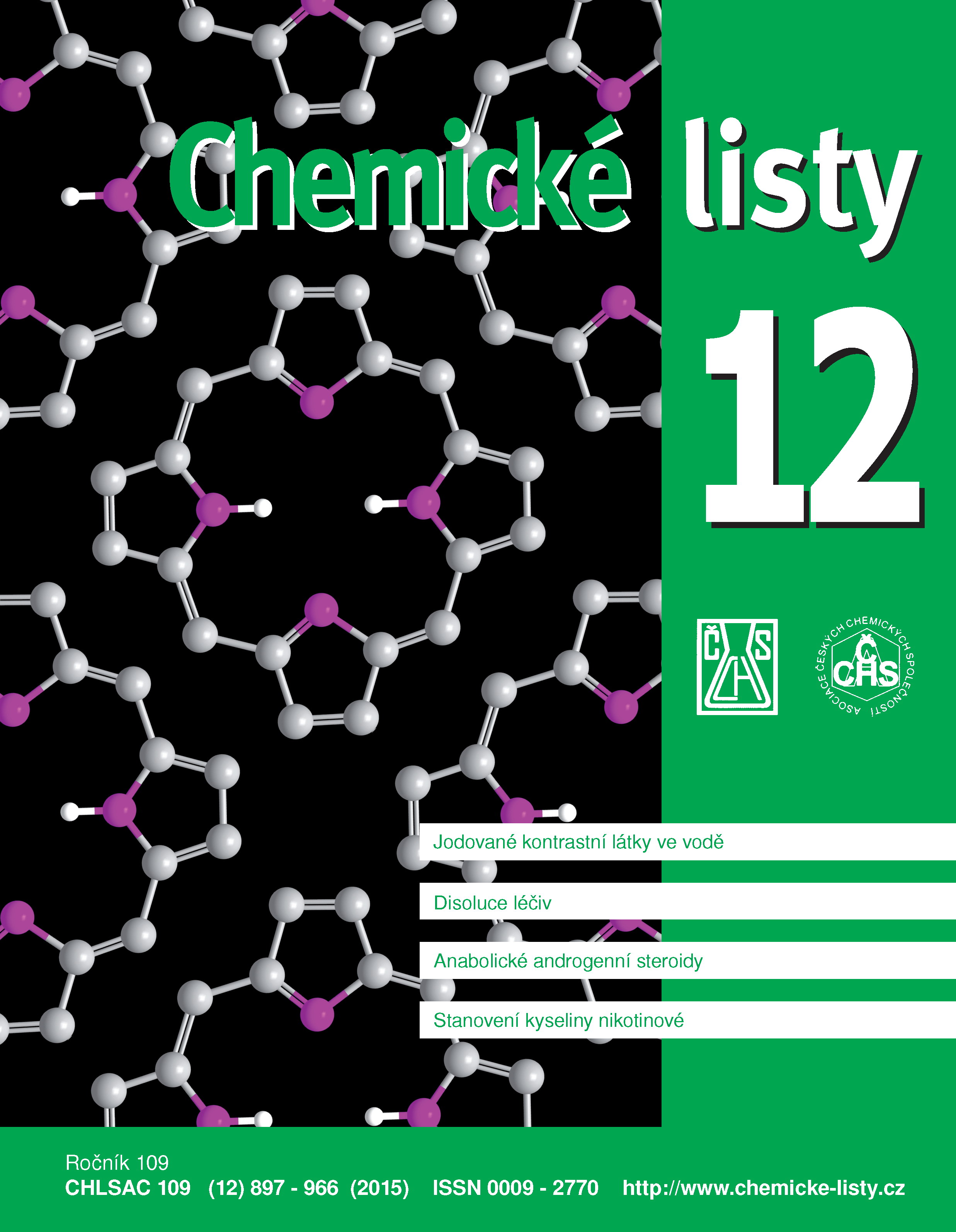Aluminium Participation in the formation of Reactive Oxygen Species (ROS) and Consequences of These Reactions in Chemical and Biological Systems
Keywords:
aluminium, hydroxyl radical, superoxide, oxidative stressAbstract
A new insight into Al chemistry is presented. The published results unambiguously confirmed the production of ROS such as superoxide (O2–•) and hydroxyl radical (HO•) in the presence of Al0 under acid conditions. This finding has very important consequences for the correct understanding of underlying toxicity mechanism in biological systems. It is well known that dementia, Alzheimer and Parkinson diseases and microcytic anemia are associated with Al exposure. In addition, Al promotes biological oxidation such as lipid peroxidation, both in vitro and in vivo. A number of mechanisms have been proposed to account for the pro-oxidative effects of Al. The results suggest a contribution of two reaction mechanisms – participation of ROS and dioxirane radical intermediates.





